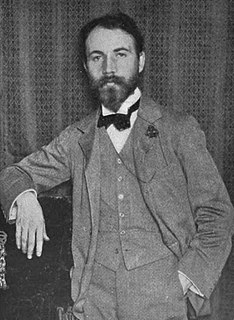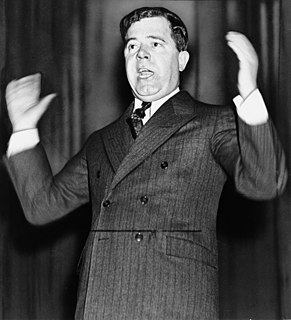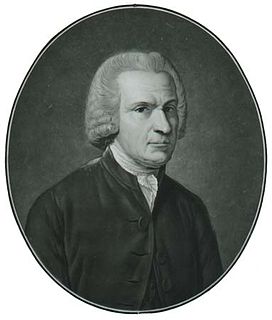A Quote by Bernard Berenson
Genius is the capacity for productive reaction against one's training.
Related Quotes
Education and training for all children to be equal in opportunity in all schools, colleges, universities, and other institutions of training in the professions and vocations in life; to be regulated on the capacity of children to learn, and not on the ability of parents to pay the costs. Training for life's work to be as much universal and thorough for all walks of life as has been the training in the arts of killing.
Talent is able to achieve what is beyond other people's capacity to achieve, yet not what is beyond their capacity of apprehension; therefore it at once finds its appreciators. The achievement of genius, on the other hand, transcends not only others' capacity of achievement, but also their capacity of apprehension; therefore they do not become immediately aware of it. Talent is like the marksman who hits a target which others cannot reach; genius is like the marksman who hits a target, as far as which others cannot even see.
I think there will be a reaction - a reaction will set in against this communal dissociation. You know, man doesn't stand forever, his nullification. Once, there will be a reaction, and I see it setting in, you know, when I think of my patients, they all seek their own existence and to assure their existence against that complete atomization into nothingness or into meaninglessness. Man cannot stand a meaningless life.
For in spite of itself any movement that thinks and acts in terms of an ‘ism becomes so involved in reaction against other ‘isms that it is unwittingly controlled by them. For it then forms its principles by reaction against them instead of by a comprehensive, constructive survey of actual needs, problems, and possibilities.
In the industrial world we have the problem of having more productive capacity than we know what to do with. That's at the root of the unemployment crisis: we've got so productive at making things, we don't require people to be involved in making the basics of life any more. Or nearly as many people.
The reaction to any word may be, in an individual, either a mob-reaction or an individual reaction. It is up to the individual to ask himself: Is my reaction individual, or am I merely reacting from my mob-self? When it comes to the so-called obscene words, I should say that hardly one person in a million escapes mob-reaction.
In science the successors stand upon the shoulders of their predecessors; where one man of supreme genius has invented a method, a thousand lesser men can apply it. ... In art nothing worth doing can be done without genius; in science even a very moderate capacity can contribute to a supreme achievement.








































